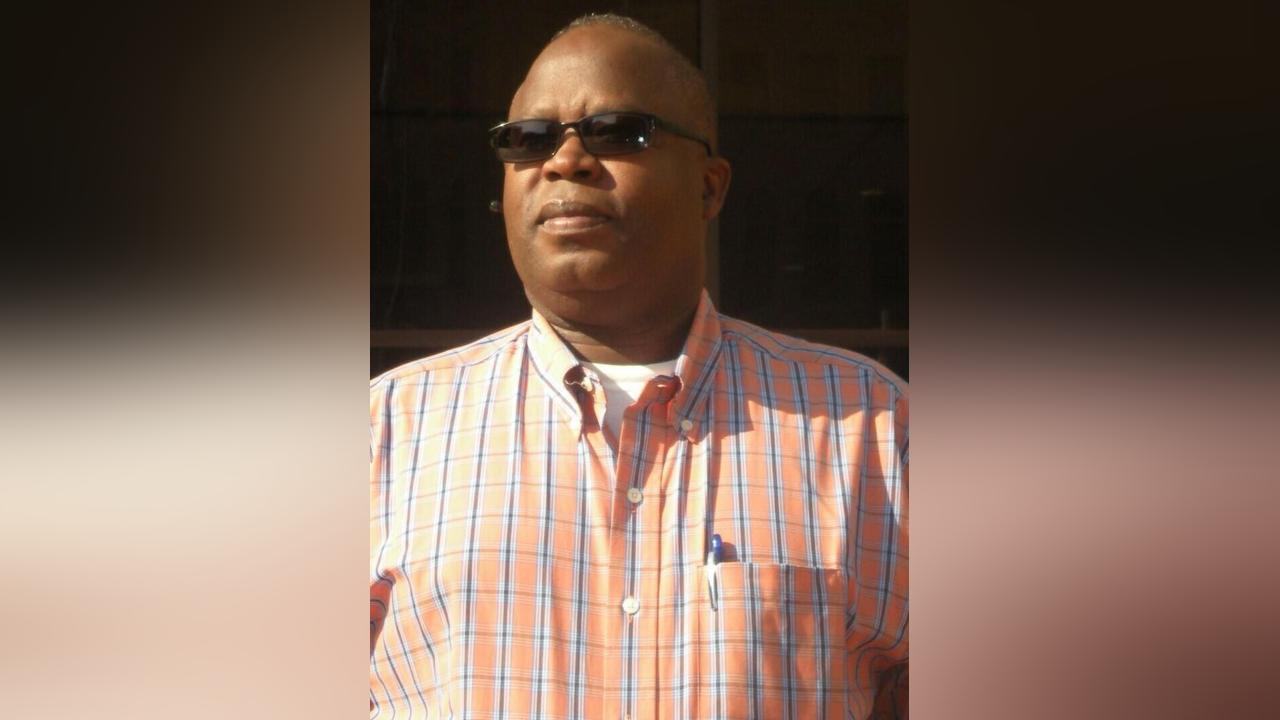By: Austin S Fallah-A True Son of the Planet Earth Soil:
Africa-Press – Liberia. In a world where the actions of individuals in positions of power can significantly influence the trajectory of a nation’s development and well-being, Albert Einstein’s assertion, “You cannot solve a problem at the same level it was created,” resonates profoundly within the context of Liberia.
Approximately 5.5 million people of the West African nation have grappled with the pervasive issues of corruption and impunity that have not only impeded its progress but also entrenched its people in deep-seated abject poverty.
The reality is harsh: the seeds of these issues were sown by Liberians themselves, within a socio-political landscape marred by nepotism, mismanagement, and a blatant disregard for the rule of law.
Addressing the thematic core of this korero, I will embark on a comparative evaluation of the past and present dynamics of corruption in Liberia, exploring the systemic failures, the struggle for accountability, and the necessary steps towards a transformative political environment.
Historically, Liberia has been no stranger to corruption, characterized by leadership that preys on the vulnerabilities of its citizenry.
The legacy of corrupt governance can be traced back to the nation’s birth, with its early leaders often prioritizing personal enrichment over the country’s developmental needs.
Corruption continues to flourish during the administration of several presidents from the Declaration of Independence to the present.
This is exacerbated by cronyism and a lack of institutional checks and balances in the Executive, Legislature, and Judiciary.
Despite the rhetorical flourishes about national unity and progress, the public sector was riddled with nepotism, leading to widespread disenfranchisement and setting the stage for subsequent civil unrest.
The violent repercussions of these visible inequalities resulted in the 1980 coup and maybe the Liberian Civil Imbroglio, which juxtaposed the wealthy elite against the impoverished masses, furthering the cycle of corruption and governance failures.
In light of these historical contexts, the issue of accountability becomes ever more pressing.
Today, the call to hold every corrupt government official accountable, past and present, is not merely a political statement.
It is a desperate plea for justice from a populace weary and disillusioned by decades of neglect.
The Ministry of Justice, the Liberia Anti-Corruption Commission, and every security apparatus must rise to this challenge and function as the bastion of integrity against the “hyenas” that have and continue to threaten to devour the nation’s resources.
Prosecutions must occur without fear, favor, or regard for status, symbolizing a systemic shift from a culture of impunity to accountability.
The contemporary landscape of governance in Liberia presents a unique dichotomy.
On one hand, the populace is increasingly aware of the ramifications of corruption.
In Liberia, some perceived so-called politically motivated public demonstrations and civil society organizations are somehow increasingly vocal about the need for integrity in governance, drawing parallels with successful anti-corruption campaigns globally, such as those in Ghana and Rwanda.
These nations serve as beacons of hope and exemplify the positive outcomes of sustained anti-corruption measures.
In Rwanda’s post-genocide era, reforms enhanced transparency and engaged citizens in policing their government.
Liberia can learn from these examples and shift its paradigm from passive acceptance of corruption to active resistance.
Yet juxtaposed with this eagerness for change is a generational divide in political consciousness.
The young people of Liberia, often caught in a web of outdated political slogans and inherited ideologies, struggle to find their voice in a narrative that is more often than not crafted by so-called self-styled seasoned politicians whose priorities lie in maintaining their influence rather than advocating for genuine reform.
The challenge lies in harnessing the energy and potential of the younger generation, transforming their discontent into a constructive political force that demands transparency and accountability rather than bickering about relics of the past.
Young people must consciously reject outdated rhetoric synonymous with political hooliganism and other vices and use modern, nuanced methods to engage with governance issues.
Furthermore, the international community’s role in this struggle can not be overemphasized.
While the Liberian government is primarily responsible for its denizens, the global landscape compels actors outside the nation to take an active stance against systemic injustice.
The pursuit of accountability necessitates collaboration between local stakeholders, citizens, those within the territory belt or circumference of the nation, and international watchdogs, as both will need to collectively design frameworks that facilitate rigorous oversight and governance reform.
Efforts must include imposing sanctions against corrupt leaders, supporting civil society initiatives to foster political engagement, and establishing platforms for dialogue where grievances can be voiced without fear of retribution.
Addressing the deeply ingrained issues of corruption and impunity in Liberia requires a multi-faceted approach that combines education, advocacy, and systemic reform.
The time has come for Liberians to rise beyond the disillusionment of the past and forge a path forward, grounded in the principles of good governance, accountability, and active citizen engagement.
The aim should not merely be punitive, penalizing those who have breached the public trust, but also transformative, instilling a culture of transparency so that future generations inherit a society rooted in equity and justice.
The fight against corruption in Liberia must transcend mere rhetoric.
It necessitates the active participation of all segments of society.
From the halls of the Ministry of Justice to the streets inhabited by its citizens, there is a shared responsibility to erase the vestiges of a corrupt past and construct a future founded on accountability.
By bridging the divide between the past and the present, strengthening institutional capacities, and engaging the young people in critical dialogues about governance, Liberia can finally begin to heal from the wounds inflicted by corruption and take significant steps toward national rejuvenation.
In liberating the nation from corrupt practices, Liberians reclaim their identity and dignity and embark on a journey toward social and economic emancipation that fosters hope and opportunity for all.
Source: Liberia news The New Dawn Liberia, premier resource for latest news
For More News And Analysis About Liberia Follow Africa-Press






